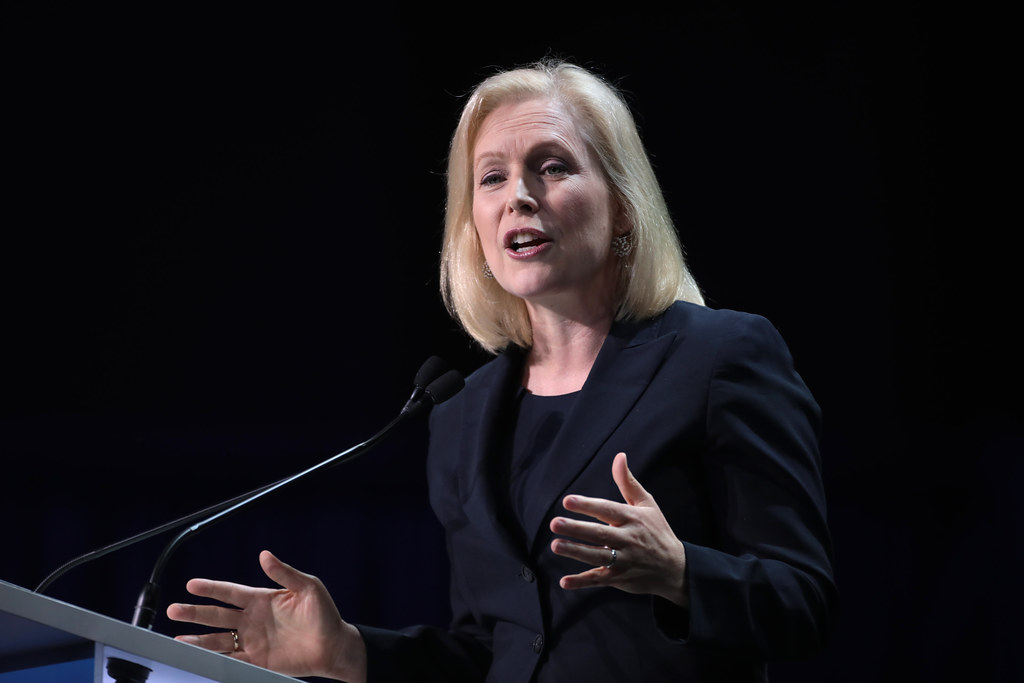Kirsten Gillibrand bows out. Three things to keep in mind.

Yesterday, Senator Kirsten Gillibrand of New York became the first women to drop out of the Democratic presidential primary this election cycle. With six women throwing their hat into the ring, a record high, each of the 2020 female candidates brought their own unique experiences to the campaign trail. Here are three things we’re looking at as Gillibrand departs from the race:
Mothers of young children face questions on the campaign trail about their ability to “do it all.”
- Gillibrand was the only woman candidate with young children (she has two boys still at home). Research shows women candidates and elected officials with children still pay a price with voters who worry about how she can “manage it all.” Voters acknowledge that our culture places different expectations on women and on mothers, but even as voters question the double standard, they still actively participate in perpetuating it.
At the same time, voters want to see women be “360-degree” candidates.
- Women have the opportunity to be 360-degree candidates, using all of their expertise, backgrounds, and personal experiences to connect with voters. In fact, a ‘deep understanding of the challenges that average Americans face’ is one of the strongest indicators of electability this election cycle, and managing a family is certainly one of those challenges.
Voters give women candidates an advantage on “women’s issues.”
- Of all the candidates, Gillibrand made women’s issues (which, as we know, impact everyone) central to her campaign. This is consistent with her track record in Congress, and, funnily enough, consistent with what voters perceive to be true about women candidates. Voters are adamant that a woman elected official would be more likely to protect women’s health issues, access to birth control and contraception, reproductive health issues, Social Security and Medicare, and education.
Just by running, Gillibrand fundamentally helped change what leadership looks like in this country. When six women entered the presidential race, it meant they no longer had to represent their entire gender, and could run a political campaign as their authentic selves. One last thing to keep in mind: For voters, a woman’s campaign loss does not mean the end for her political career; it can be the beginning of the next chapter.



